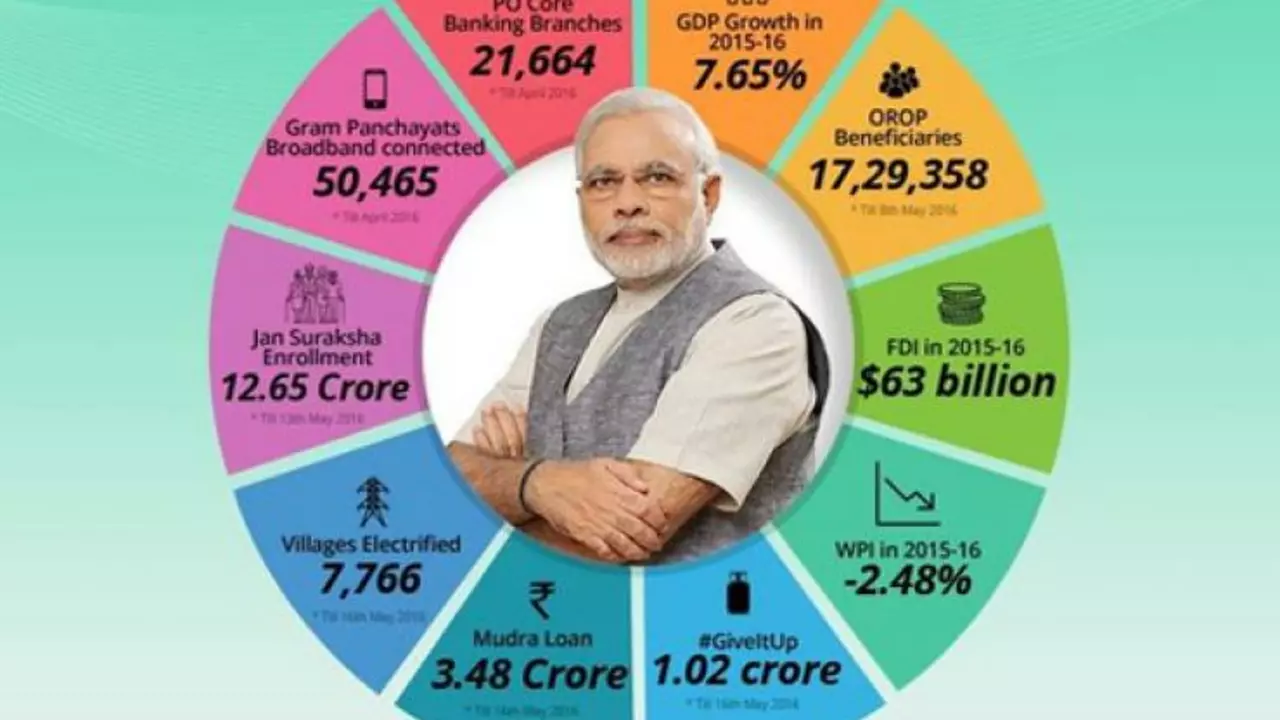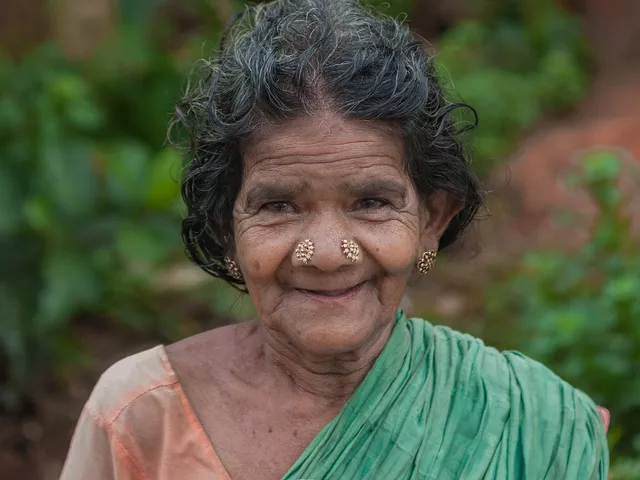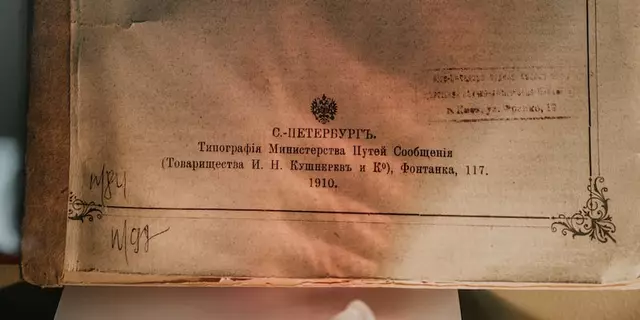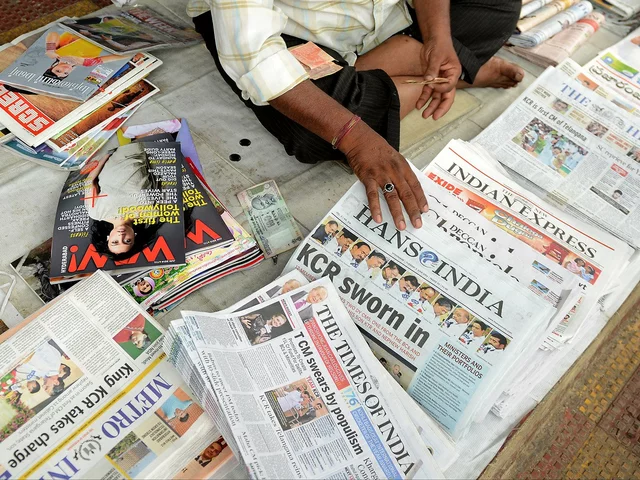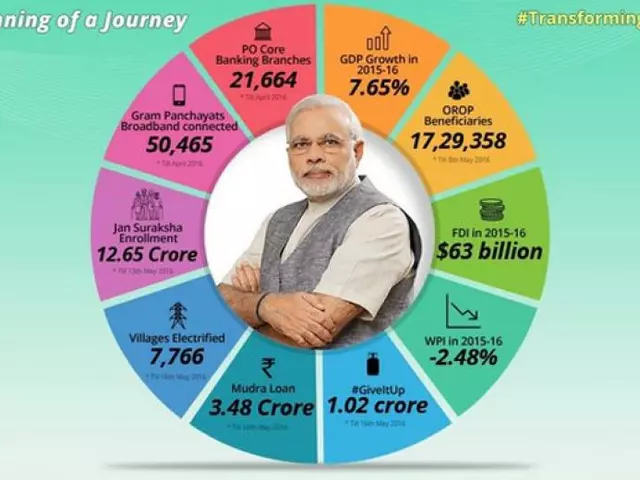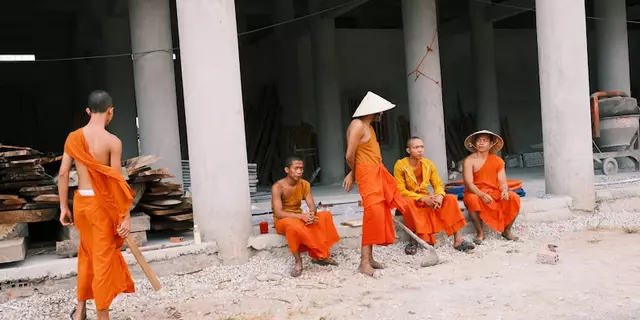Democracy: What It Really Means for You
When you hear the word democracy, you might picture voting booths or big speeches. At its core, democracy is simply a system where power comes from the people. It lets ordinary folks have a say in laws, leaders, and how society runs. If you’ve ever asked why your vote counts or why free press matters, you’re already thinking like a democratic citizen.
In India, for example, debates about the Supreme Court’s role show how even the judiciary gets pulled into democratic checks. A recent post on our site asked, “What are the hypocrisies of the Supreme Court of India?” The discussion highlights that a healthy democracy constantly questions its own institutions. It’s not about tearing them down; it’s about making sure they work for everyone.
Why Democracy Still Matters
First, democracy protects freedom of expression. When a news channel like India Today faces accusations of bias, the conversation itself is a democratic process. People can point out slants, demand balance, and push for better coverage. That back‑and‑forth keeps power in check.
Second, democracy encourages accountability. Leaders like Amit Shah often become topics of debate because citizens can openly discuss policies and criticize actions. This open talk forces politicians to think twice before making moves that hurt the public.
Third, democracy isn’t just about national politics. It shows up in everyday decisions—like how a community reacts to a cylinder blast in Uttar Pradesh or how local officials handle lost birth certificates. When people speak up, demand help, or help each other, they’re exercising democratic values at the grassroots level.
Everyday Ways to Practice Democracy
You don’t need a law degree to be a democratic participant. Here are simple steps you can take right now:
- Stay informed. Read different sources, even those that challenge your views. Our tag page mixes sports, law, and social issues so you can see democracy in action across topics.
- Ask questions. Whether it’s about a news article, a court ruling, or a local policy, curiosity drives accountability.
- Vote wisely. Every election—national, state, or local—forms the backbone of democratic choice. Even small community polls matter.
- Speak up. Share your thoughts on social media, at town meetings, or with friends. Open dialogue is the lifeblood of democracy.
- Support fair media. Push for balanced reporting. When you notice bias, call it out—just like the discussion on India Today's coverage.
Remember, democracy works best when people participate, not just when they watch from the sidelines. The stories on this page—whether about sports triumphs in Dublin or debates over judicial fairness—show how diverse voices shape the world.
So next time you hear the word democracy, think beyond elections. Think about your daily choices, your questions, and the conversations you join. Those small actions add up to a stronger, more inclusive society.
